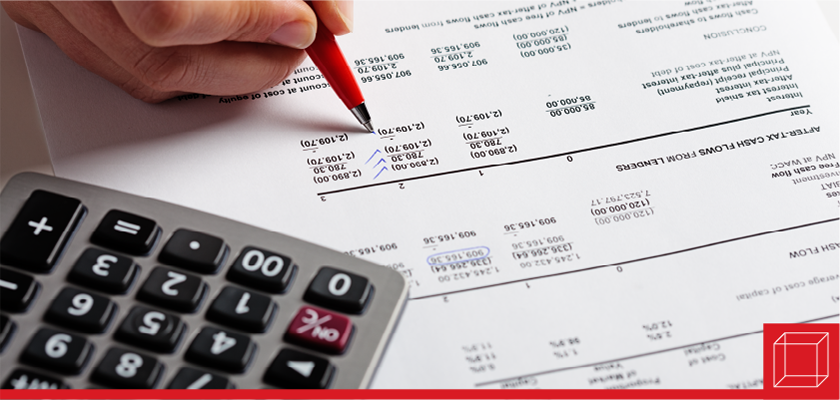Big Banks Have a “Hot Money” Problem | August 2023
After seeing record deposit declines, it turns out that "hot money," or brokered deposits are on the rise. Learn what this means and how it impacts banks.

After seeing record deposit declines, “hot money” is piling up at U.S. banks. Earlier this year, hundreds of billions of dollars in deposits left banks, primarily from uninsured funds amid the Silicon Valley Bank and Signature Bank failures. The two failures were the second and third-largest bank failures in the United States since the Great Recession in 2008. Banks have been able to fill the void with hot money.
What Is Hot Money?
Hot money refers to brokered deposits, deposits that banks acquire when they use a third-party broker to acquire deposits on their behalf. The brokers connect regional banks with wealthy people or big corporations that are seeking a better rate for their cash. Banks offer higher interest rates to attract these depositors and also have to pay a certain percentage to the broker.
This is considered by regulators to be a risky way to fund a bank because the depositors and the banks typically do not have a direct relationship as they do with established customers. The depositors are typically quick to leave as soon as they find a better rate elsewhere, though some hot money deposits are structured in the form of certificates of deposit (CDs) that allow the banks to hold the money for longer periods of time. Hot money is great for depositors looking for the best rate available, but it puts pressure on the banks.
Pinching Profits
Relying on brokered deposits has given midsize banks a way to replace the $472 billion in deposit outflows earlier this year. Banks also borrowed billions from the Federal Reserve and the Federal Home Loan Bank system.
Unfortunately for banks, brokered deposits are expensive and likely not a long-term solution. Banks tend to offer above-average interest rates to attract hot money, increasing the bank’s interest expenses. Some banks will put a strain on their earnings, and some may find themselves upside down, paying more for the deposits (in the form of higher interest rates to depositors) than they will earn by lending out the money. According to an analysis of Q1 regulatory filings for the 84 largest banks, interest expenses have increased 12 times over from a year ago.
Some of the banks with the highest increases in brokered deposits include Beal Bank USA (Texas), Pacific Western Bank (California), Western Alliance Bank (Arizona), First National Bank of Omaha (Nebraska), City National Bank of Florida, Barclay’s Bank Delaware, and Valley National Bank (New Jersey). These are banks that lost deposits during the bank run caused by Silicon Valley Bank and Signature Bank. These banks needed brokered deposits to shore up their deposit base, but this expensive funding process is not something that they can rely on over the long term.
In the months to come, consumers may continue withdrawing deposits from banks that are considered weak, and if the revolving door of depositors continues, it may have a negative effect on the industry. Relying too heavily on hot money may lead to banks becoming unprofitable and make the industry as a whole unstable.
In the Classroom
This article can be used to discuss banking institutions (Chapter 15: Money and the Financial System).
Discussion Questions:
- What is hot money?
- What are the pros and cons of hot money?
- Why is hot money expensive for banks?
This article was developed with the support of Kelsey Reddick for and under the direction of O.C. Ferrell, Linda Ferrell, and Geoff Hirt.
Sources
Jennifer Surane, Linly Lin and Mathieu Benhamou, "‘Hot Money’ Is Piling Up at Banks and It’s Starting to Take a Toll," Bloomberg, June 28, 2023, https://www.bloomberg.com/graphics/2023-us-banks-expensive-fix-declining-deposits-problem/
Carol Massar and Tim Stenovec, "‘Hot Money’ Is Piling Up at Banks," Bloomberg, June 29, 2023, https://www.bloomberg.com/news/audio/2023-06-29/-hot-money-is-piling-up-at-banks-podcast
Pete Schroeder, "U.S. Banks Saw Record Deposit Declines in Q1 as Profits Remained Steady: FDIC," Reuters, May 31, 2023, https://www.reuters.com/markets/us/us-bank-deposits-fell-record-pace-while-profits-flat-q1-fdic-2023-05-31/



